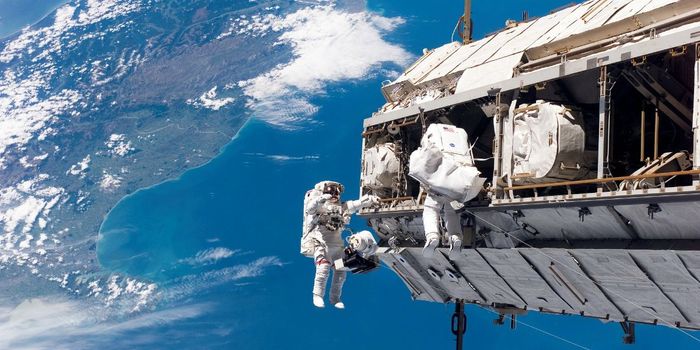Here's Why We Sterilize Spacecraft
Whenever we send spacecraft into space or to another planetary body for scientific research, it's vital that we scrub its surface of Earthly microbes beforehand to prevent cross-contamination; this is particularly important as we search our solar system for other habitable places besides Earth.
NASA and other space agencies around the world follow strict sterilization rules before sending missions into space. There are several methods to sterilize a spacecraft, such as baking, radiation treatment, and alcoholic scrubbing. No cleaning method is perfect, so current regulations allow for up to 300,000 spores on a single spacecraft.
Without these regulations, it would be easy for Earth-based microbes to hitch a ride on a spacecraft to another planet and colonize the surface. This would mean contaminating the surface and potentially throwing false positives as we search for life.
Unfortunately, commercial space programs are becoming more popular, and they aren't regulated as heavily as federal space programs. It's essential that we take care during commercial space exploration too if we're to uncover the secrets of our solar system.








